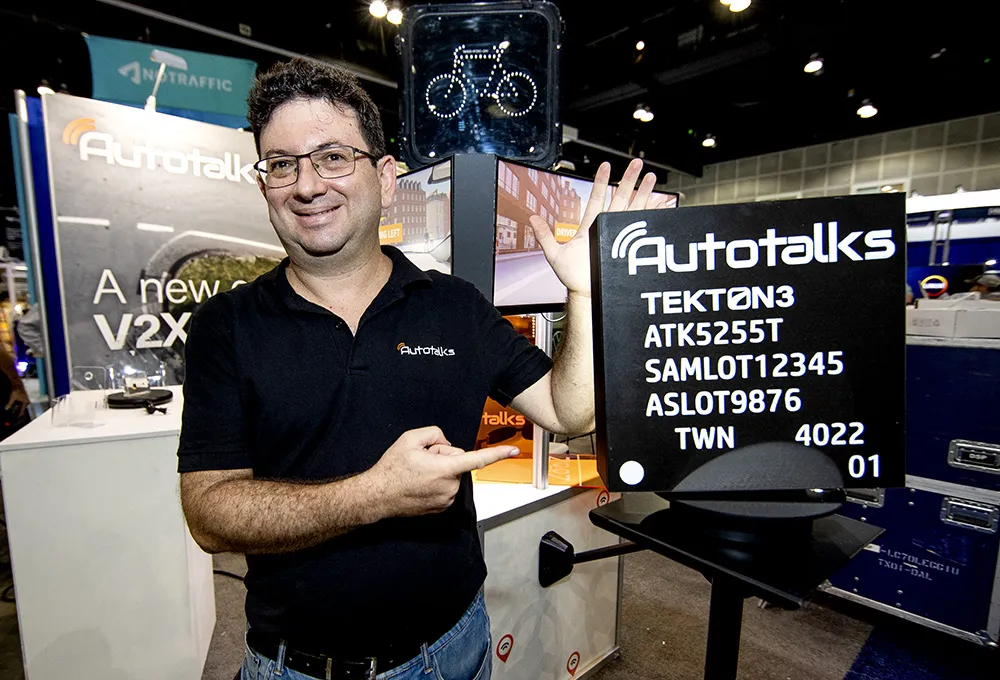Science Applications International Corporation (SAIC) has completed the acquisition of Spectrum San Diego,
a high-tech security firm specialising in ultra-low-dose X-ray scanning systems.
February 1, 2012
Read time: 1 min









